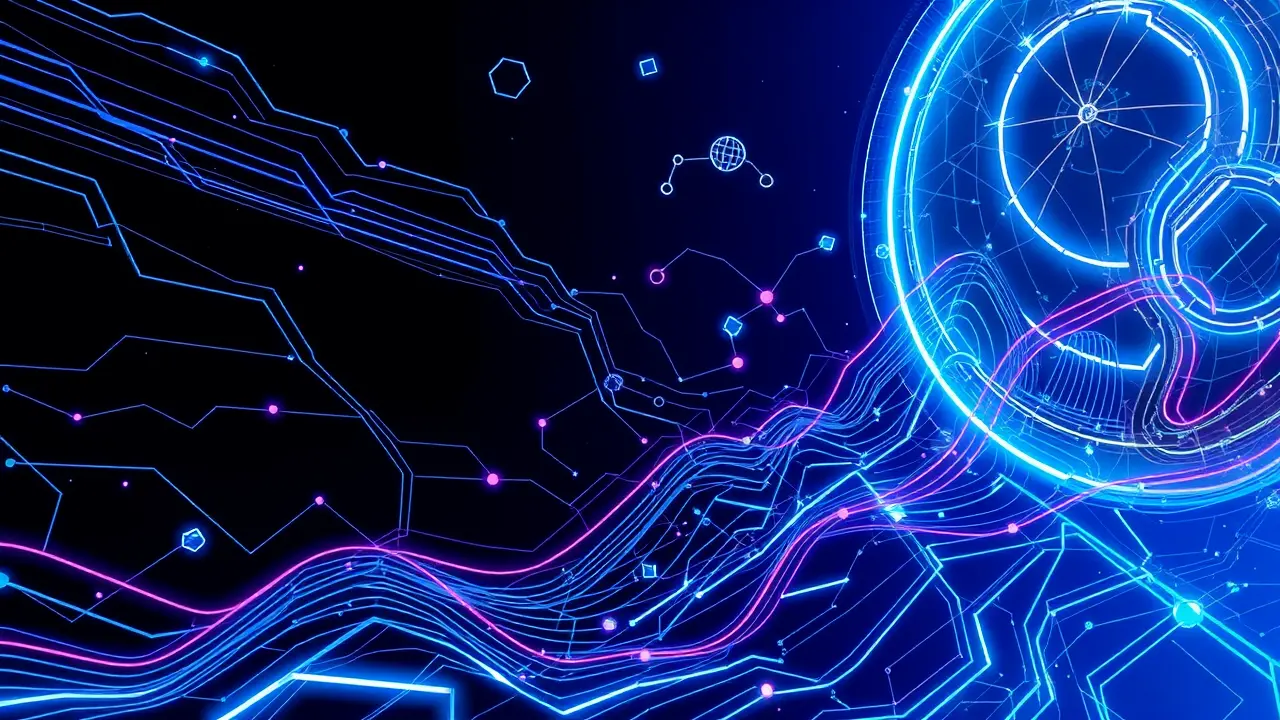
AIenterprise aiAI in Finance and Banking
Google Cloud updates AI Agent Builder with new tools and dashboard.
DA
Daniel Reed
5 hours ago7 min read4 comments
Google Cloud has significantly updated its AI Agent Builder, introducing a suite of new tools and a centralized dashboard in a strategic move to solidify its Vertex AI platform as the premier environment for enterprises to conceptualize, design, build, test, deploy, and iteratively modify sophisticated AI agents. This update, announced today, represents a critical escalation in the platform wars, focusing on two core challenges for developers: velocity and governance.The enhancements are designed to streamline the entire agent lifecycle, from enabling creation with just a few lines of code through the Agent Development Kit (ADK) to providing robust, cloud-based observability for production systems. New features include state-of-the-art context management layers—Static, Turn, User, and Cache—which grant developers unprecedented fine-grained control over an agent's memory and conversational state, a non-trivial problem in complex, multi-turn interactions.Furthermore, the introduction of prebuilt plugins with customizable logic, including one that allows agents to recognize failed tool calls and autonomously 'self-heal' by retrying a task with an alternative approach, moves the needle from mere automation toward resilient, semi-autonomous problem-solving. This is complemented by expanded language support for the ADK, now including Go alongside Python and Java, and a one-click deployment interface that promises to move agents from a local development environment to live testing with a single command, drastically reducing the friction in the development pipeline.On the governance front, a critical consideration for any enterprise deployment, Google is introducing a powerful new layer within the Agent Engine managed runtime. This provides cloud-based production monitoring to meticulously track vital metrics like token consumption, error rates, and latency, while also allowing enterprises to visualize the precise sequence of actions an agent takes and reproduce any anomalous behavior for debugging.A new Evaluation Layer is designed to simulate agent performance across a vast matrix of potential user interactions and edge-case scenarios, providing a data-driven foundation for assessing reliability before full-scale deployment. The governance suite is rounded out by several security-focused innovations: Agent Identities, which provide each agent with a unique, certificate-backed native identity within Google Cloud to create a clear, non-repudiable audit trail; Model Armor, a defensive system to block prompt injections and screen malicious tool calls and responses; and integration with the Security Command Center, enabling administrators to maintain a comprehensive inventory of their agent fleet and detect threats like unauthorized access.As Mike Clark, Director of Product Management for Vertex AI Agent Builder, emphasized, these native identities offer a 'deep, built-in layer of control' that is intrinsically tied to the agent's lifecycle, mitigating the risk of dormant accounts and impersonation. This update is not occurring in a vacuum; it is a direct salvo in the intensifying battle among tech giants to capture the loyalty and workflow of AI developers.Google's Agent Builder now competes more directly with OpenAI's open-source Agent Development Kit, which notably supports non-OpenAI models, and its recently announced AgentKit with a drag-and-drop builder. Similarly, Microsoft's Azure AI Foundry and AWS's agent-building capabilities within its Bedrock platform represent formidable alternatives.The underlying strategic goal for all these players is clear: to create the most sticky, feature-rich ecosystem where the entire lifecycle of an AI agent—from its first line of code to its scaled production deployment and ongoing governance—can occur seamlessly within their walled garden. The company that succeeds in making this process not just possible but effortless and secure will likely command the lion's share of the enterprise AI market for years to come. Google's latest update, with its dual focus on accelerating development velocity while hardening production-grade governance, is a compelling bid for that pole position, signaling that the era of simplistic chatbots is over, and the race to build the foundational operating system for the coming wave of complex, autonomous enterprise agents is now fully underway.
#Google Cloud
#Vertex AI
#Agent Builder
#observability dashboard
#governance tools
#featured
Stay Informed. Act Smarter.
Get weekly highlights, major headlines, and expert insights — then put your knowledge to work in our live prediction markets.
Related News
© 2025 Outpoll Service LTD. All rights reserved.

